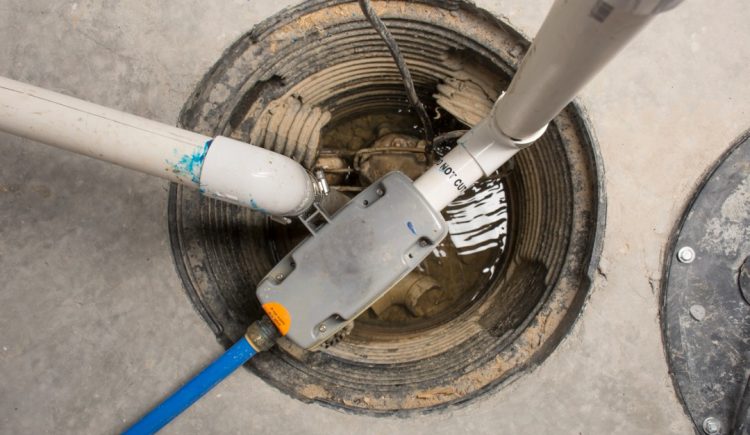People sometimes assume that their homeowners insurance policy covers things that it actually doesn’t, then find themselves on the hook for large bills that their insurance company won’t pay. If you experience a water backup and you don’t have the right coverage in place, you can find yourself responsible for bills that might total tens of thousands of dollars.
What Can Cause a Water Backup?
A water backup can occur if water from a sewer or a drain backs up into a house. It can also happen if a sump pump fails.
If your house is connected to a local sewer line, you’re responsible for maintaining the pipes that run from your home to the sewer main. Many homeowners neglect that vital maintenance because they aren’t aware that it’s their responsibility.
The sewer lines, pipes and drainage system that serve your property might be decades old. They can put you at risk for a water backup.
The landscaping in your yard can also cause a problem. As trees grow, their roots extend farther and farther. Over time, tree roots can damage underground sewer lines. Homeowners often have no idea that there is an issue until a water backup occurs.
How Does Insurance Apply to Water Backups?
A standard homeowners insurance policy generally won’t cover a water backup. If you have flood insurance, it will cover your loss if flooding causes a water backup, but flood insurance won’t pay for repairs if a water backup occurs because of something that isn’t related to a flood, such as a clog or a failed sump pump.
Most insurers offer optional water backup coverage. You might be able to purchase a separate water backup policy or add an endorsement to your existing homeowners insurance policy.
Water backup coverage will pay to repair your house and replace damaged items, after you meet your deductible. If you can’t live in your home while it’s being repaired, insurance can cover your additional living expenses, such as the cost of a hotel, restaurant meals and extra transportation costs.
Insurers offer several levels of coverage. When selecting a coverage amount, think about how much it would cost to repair your home and replace your belongings if a catastrophic water backup occurred.
Water backup coverage is valuable, and it can be surprisingly affordable. Purchasing enough coverage to protect you from a worst-case scenario probably won’t add much to your total premiums.
To get the most affordable rates, it pays to shop around. Request quotes from several insurance companies and find out if you’re eligible for any discounts.










